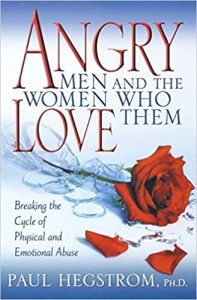Why do you suppose that the more highly educated a person becomes, the less likely they are to believe in a God?
What a great question!!
In my “wisdom journal,” I have recorded this insight from Dr. Peter Kreeft, professor at Boston College:
Intellectuals resist faith longer because they can: where ordinary people are helpless before the light, intellectuals are clever enough to spin webs of darkness around their minds and hide in them. That’s why only Ph.D.s believe any of the 100 most absurd ideas in the world (such as Absolute Relativism, or the Objective Truth of Subjectivism, of the Meaningfulness of Meaninglessness and the Meaninglessness of Meaning, which is the best definition of Deconstructionism I know).
I loved the timing of your question. My husband just returned from his fifth year of teaching Christian worldview to hundreds of school teachers in Liberia, West Africa. The vast majority of the teachers have no more than a middle school education. When explaining the three major worldviews—atheism/naturalism, pantheism and theism—he has discovered that most of these teachers are flabbergasted that anyone would deny that there is a God. They have lived their whole lives permeated by the spiritual, so when they learned that some people deny the existence of God, that didn’t make sense. Even in their traditional African religion (animism), embracing the spiritual was as natural as breathing.
So glad you wrote.
Sue Bohlin
P.S. I have observed this same phenomenon Dr. Kreeft notes—of higher intelligence, often reflected in higher education—appearing in those who embrace and celebrate homosexuality as normal and natural. It takes a higher degree of mental acumen to be able to do the mental gymnastics it takes to avoid the clear and simple truth that “the parts don’t fit.” Not physically, and not psychologically.
© 2008 Probe Ministries
